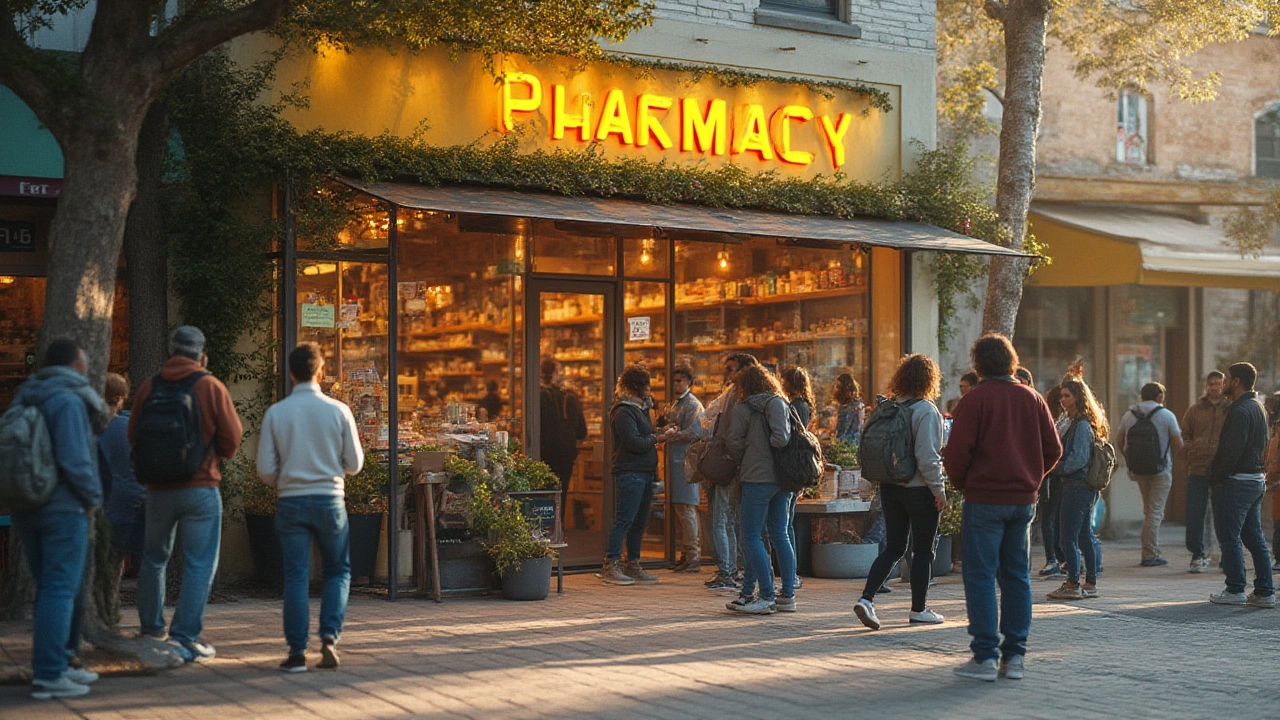Pharmacy Regulations: What They Really Mean for Your Medication
When you pick up a prescription, you probably don’t think much about all the rules working behind the scenes. But pharmacy regulations aren’t just dry legal lines—they’re the backbone of safe medicine. From who can fill your prescription to how custom meds are made, these rules shape nearly every step in your healthcare journey.
Picture this: a pharmacy can’t just mix up whatever drug combo you ask for. Strict rules decide which medications can be compounded, who’s allowed to make them, and how clean the workspace has to be. In 2025, guidelines for compounding pharmacies are getting even tighter. That’s because, a few years ago, a contamination scare linked to sloppy compounding practices made headlines and led to nationwide reform. Now, pharmacies face surprise inspections, have to log every ingredient, and must keep detailed records about where every pill and cream came from.
But it’s not all about crackdowns. Pharmacy regulations are also making it easier for people to get the help they need. For example, telepharmacy—where you chat with a pharmacist online and get meds delivered—used to face major legal barriers. New rules are cutting red tape, especially after COVID-19 showed remote care wasn’t just convenient, it was a lifesaver. Now, more states allow electronic prescriptions and video consults, as long as everyone can prove who they are and follow privacy laws like HIPAA.
The cost of meds is another hot area for regulation. Some rules target pharmacy benefit managers, the middlemen who negotiate drug prices. These managers have been accused of pushing up prices, so tougher laws are forcing them to play fair, disclose how pricing works, and pass savings to patients. It’s a work in progress, but you might notice more price transparency at the counter.
Worried about safety? The FDA runs tight checks on how pharmacies store, ship, and label drugs—especially controlled substances and hormones like those used in menopause treatments. If pharmacies break these rules, they can lose their license fast—or even face criminal penalties. This is why your pharmacist always double-checks ID for certain drugs and keeps a detailed history of your prescriptions.
Custom meds, like hormone therapy or pediatric doses, depend on compounding rules. Not every pharmacy can do this—only those with extra training, certified labs, and insurance checks in place. Regulations here help weed out the bad actors and give you some peace of mind that the meds you take are safe, tested, and made just for you.
Staying on top of pharmacy regulations sounds like a headache, but they’re the reason pharmacies aren’t the Wild West. The next time you grab a prescription or try out a telepharmacy service, remember: someone is working hard to make sure your medication is not just effective, but safe and legal.
How to Open a Pharmacy: Step-by-Step Guide for Pharmacy Owners
- Lorcan Sterling
- 10 Comments
Curious about launching your own pharmacy? Explore the process, real costs, regulations, common hurdles, and crucial tips for getting your pharmacy business off the ground.
Read more

